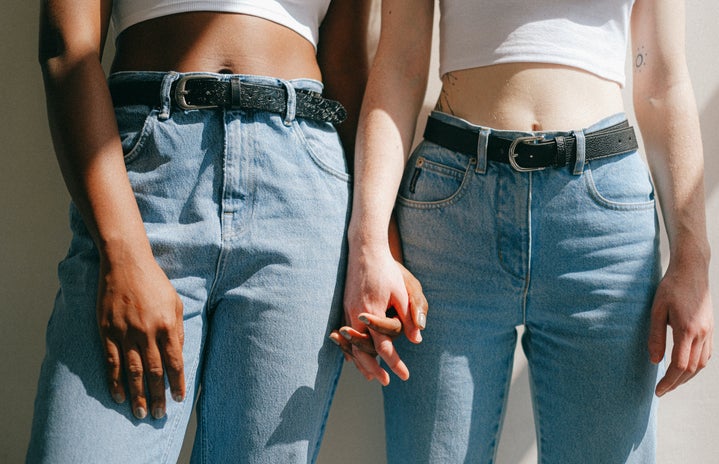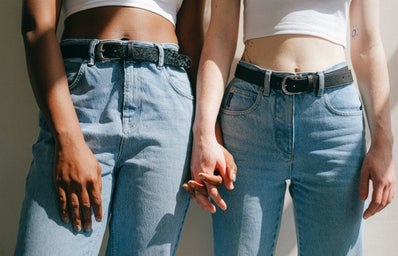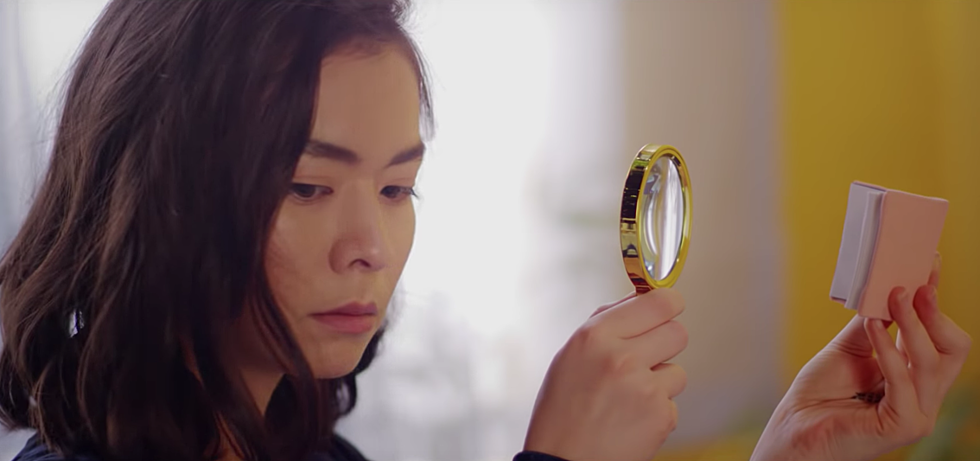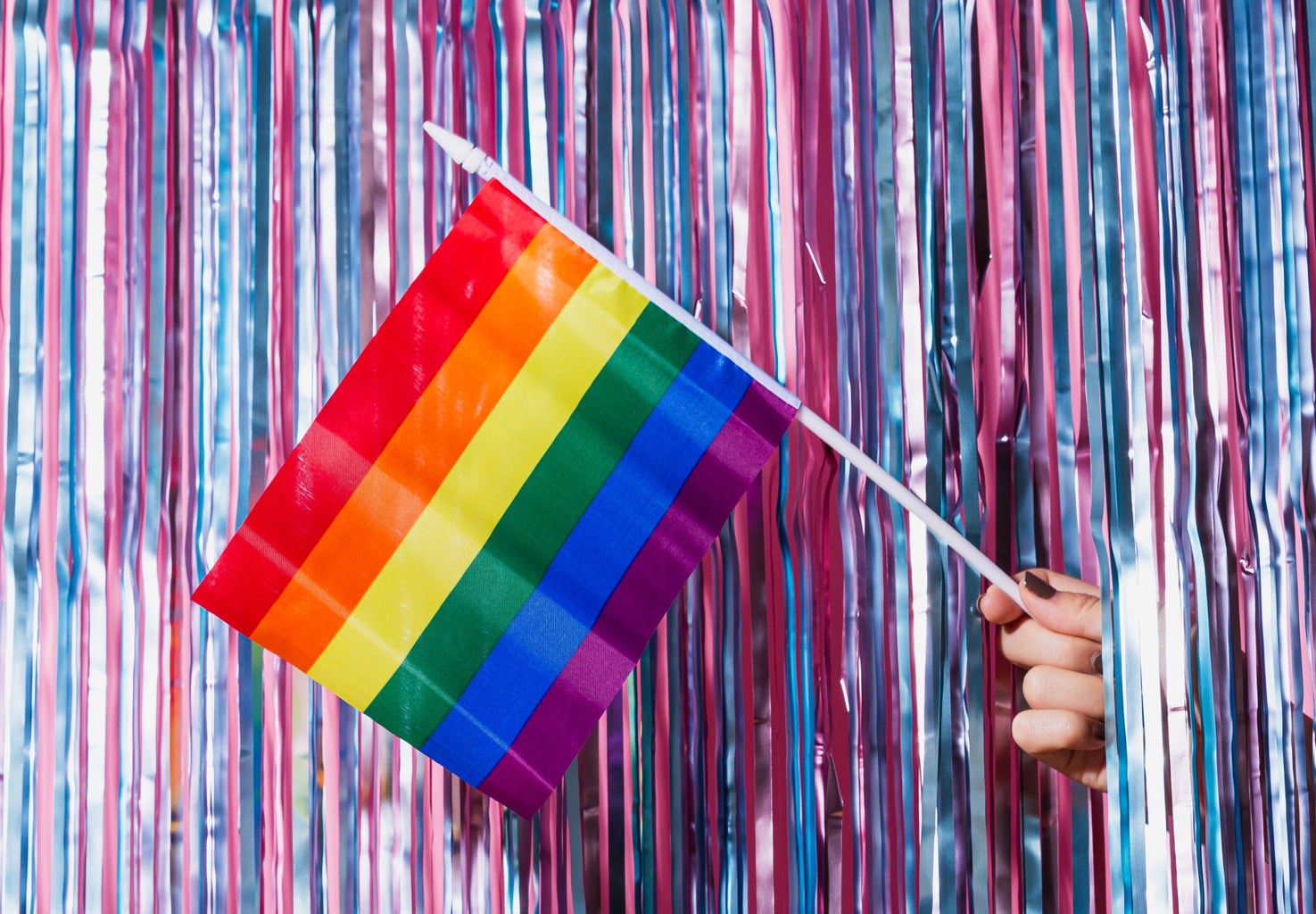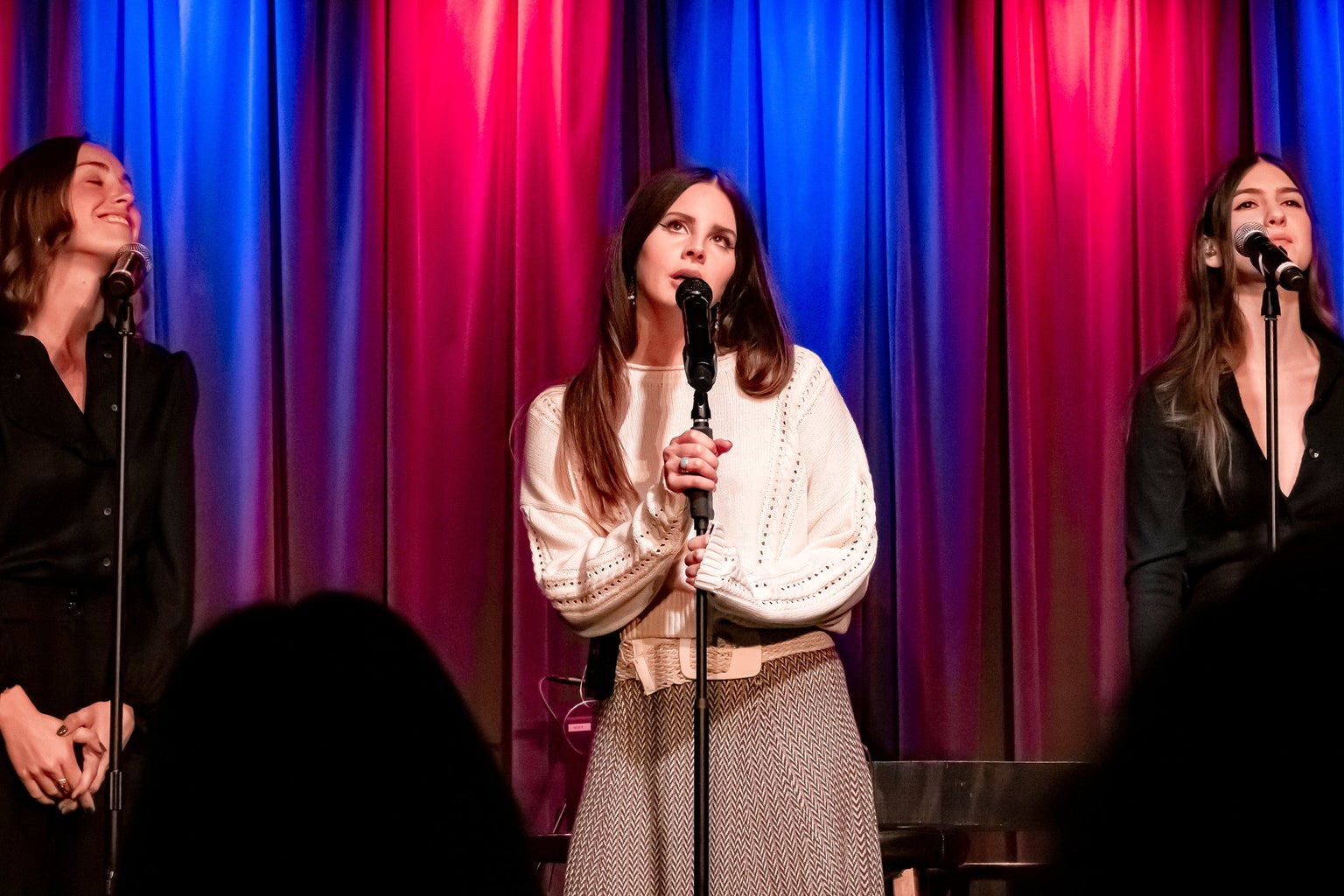Mitski’s new album, Laurel Hell, was released over a month ago people have been continuously raving about it. Songs such as The Only Heartbreaker and Valentine, Texas resonated with listeners, with their deep, lowly instrumentals alongside heart-wrenching lyrics. Seeing this all over my Twitter feed left me wanting to stream it forever as so many people, including I, loved the entirety of the album. However, when I approached my roommates wondering if they’ve listened to it, all I got were black stares and general confusion. They asked, “Who is Mistki lol?”
I’ve noticed growing up that I used to compensate with music when I had the urge to feel true emotions of anger, loneliness, and heartbreak. I remember when I broke up with my first girlfriend, I would close myself off from everyone in my house, and sit alone in the dark to just swim in the deep state of sadness that is usually common after experiencing your first relationship. My taste in music was usually deemed negative and depressing; as a woman of colour, I was even told it was quite whitewashed. Artists such as Lana Del Rey, Taylor Swift, Marina and the Diamonds, and Lorde were so important to me during my early teens, even though they would highlight ideas of emotional abuse, drug use, adultery, teen suicide, and topics that shouldn’t pertain to thirteen-year-olds. Even as I progressed into adulthood, I’ve found myself listening to similar artists, like Phoebe Bridgers, FKA Twigs, Hozier, and even older artists, such as Mazzy Star, Evanescence, and Michelle Branch. Though they all differentiate, they all share a commonality: the queer community.
During recent years, the LGBTQ+ community has found a new place of belonging on the internet. Apps and social media sites such as Twitter, Instagram, YouTube, and rating services such as Letterboxd and GoodReads have been places for Gen Z and young adults to express their true emotions, especially after almost being closed off from any representation in television. With new platforms emerging during the early 2010’s, especially Tumblr, this newly found exposure results in younger generations recognizing their trauma at earlier ages. Especially young queer people, I’ve found that they usually end up turning to online resources to gather individuals who relate to them. This plus online spaces, allow people to open TOO freely and embrace everything the originally felt alone in their own dark rooms in a negative light.
A lot of factors ultimately contribute to this new correlation between indie artists and queer people, but it inevitably comes down to the type of music these artists release and how queer people tend to grow up feeling. For example, Moon Song by Phoebe Bridgers, highlights the desire to do anything for a person who doesn’t seem to reciprocate feelings – which is a commonality for someone who likes an individual of the same sex that identifies as straight. Another example, Betty by Taylor Swift, which though told from the perspective of a man, highlights another seemingly queer perspective of a secretive relationship between two women. Almost every song praised by the LGBTQ+ community encompasses values of betrayal, isolation, and having to mature quickly, which though seems sad, is quite relatable for most queer teenagers.
Straight artists, such as Lana Del Rey, Marina and the Diamonds, and Fiona Apple, are just adored for their brutality and originality. Their feelings ascend sexuality, and though prized by all sorts of people, are almost fairy-tale-like to individuals who don’t identify as straight. They live vicariously through the exceptional storytelling portrayed by these artists, as they depict things which are either experienced often by queer teens, such as drug use and infidelity, or seem completely imaginary yet fulfilling, as they seem unreal and almost admired.
As someone who does identify as queer, I know I listen to these artists solely in regard to how their lyricism relates back to my emotions regarding current crushes or previous situationships which didn’t end too well. Kind of embarrassing to reveal that in a public article, but it kind of proves how this music does end up finding its way into the lives of people who struggle with finding outlets to their emotions. I know I am not the only one who struggles to communicate my true frustrations and sadness, so having music which almost pertains and unveils it perfectly is comforting.
Though we should begin to introduce more positive ways of allowing queer teens to talk about these true feelings, and provide them with safe spaces, why not let them connect to their feelings through music?
While writing this article, I listened to one of my favourite playlists to gain some insight on why I do confide in music. I wouldn’t mind if you did the same : )
